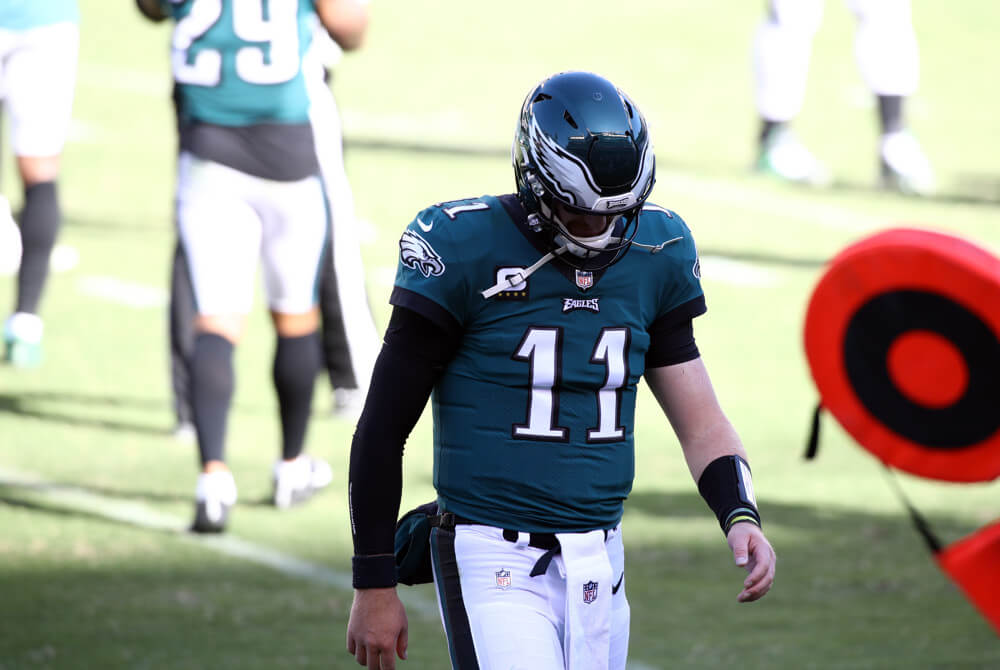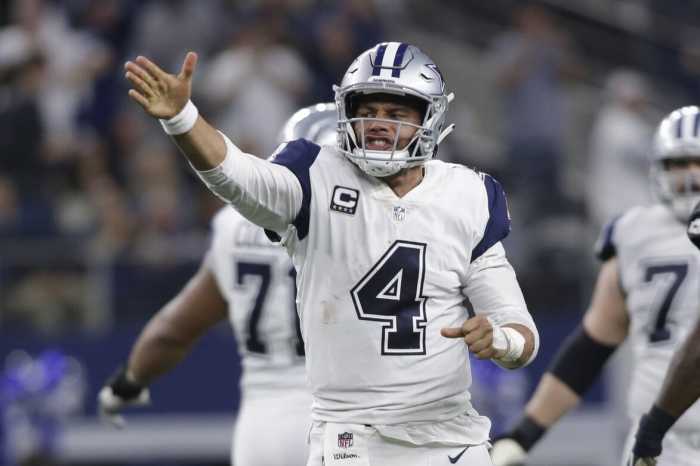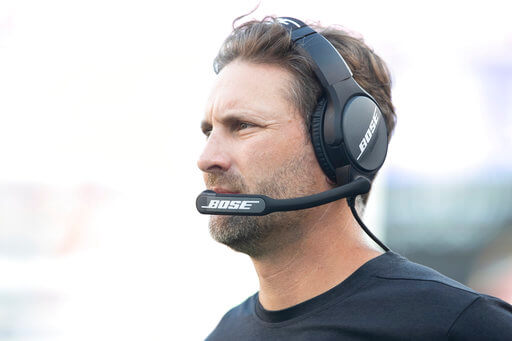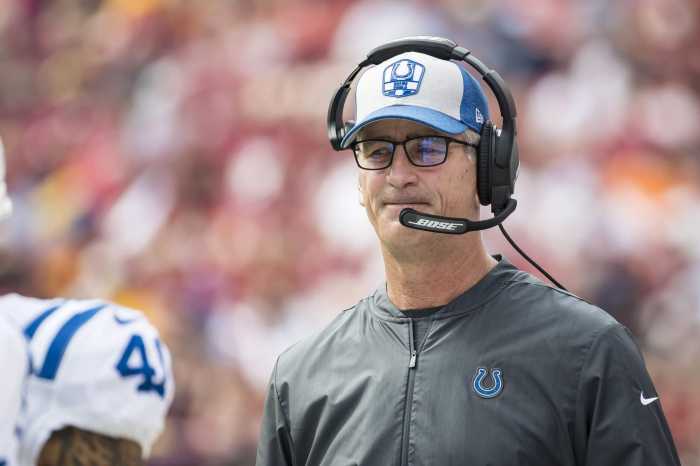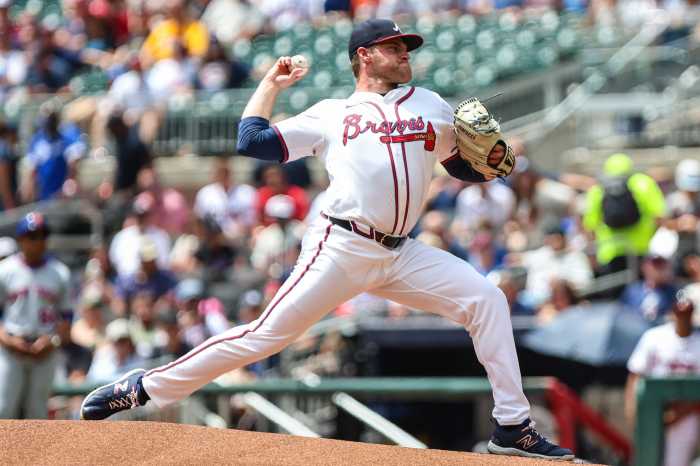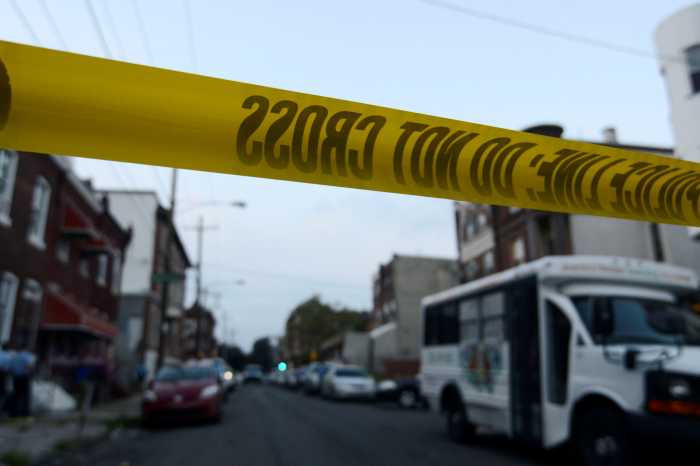The bombshell that was the first blockbuster trade of the offseason dropped like last night and many people are still in shock. The Detroit Lions decided to finally let Matt Stafford run free, trading him, to the Rams for QB Jared Goff along with a 2021 third-round pick, 2022/2023 first-rounders. But what does this mean for Carson Wentz?
It’s still hard to tell who really fleeced who in this trade. On one hand, the Rams clearly recognized that the quarterback who led them to a Super Bowl appearance in 2018 has regressed and opted to do something about it. Goff has thrown for 42 touchdowns and 29 picks in the two years that followed that Super Bowl and while he’s not terrible, the 9-6 Rams clearly felt that a leap in signal-caller could send them to that next level.
There is a reason that Goff’s price was so inexcusably low. The Rams were tied to him in a horrible way, having to pay $35M this upcoming season, with two more years coming above the $32M mark on the horizon. Finding a team to take on that hit for an average QB was tricky, and it required paying a ‘thank you”, much in the way Brock Osweiler was once moved from Houston to Cleveland.
We all know that Carson Wentz carries a $34M cap hit this year and that the Eagles have negative cap space to work with. What’s interesting here is that the Lions were about to swallow $33M to keep Stafford in 2021. Instead, they clear $14M, while the Rams take a hit of $20M.
So what we have are two polar-opposite quarterbacks, with teams going in two different directions. Does Matt Stafford make the Rams a legitimate NFC contender? Yes. Did the Lions need Goff? No, but a pair of first-rounders buy them leverage to expedite their rebuilding process.
This brings us to Carson Wentz. The trade undoubtedly brings heavy implications for the Eagles QB, who requested a move from the team prior to the coaching changes. Whether he still wants out or not is anyone’s guess. New head coach Nick Sirianni appears to be on good terms at the very least which might tempt him to give it one more year, but 2020 was a mess for both the Eagles and Wentz.
Unlike this trade, moving Wentz would require a team to not only take on a huge contract but take a complete an utter gamble that they can restore the NDSU product to his 2017 form. It’s been a bumpy fall from grace and one that the Eagles only added to.
It’s not like the Eagles are in the same position as the Rams, being one echelon of QB away from glory. When Jalen Hurts replaced the struggling Carson Wentz, the offense did change, but the results ultimately did not and the team still fell woefully short of expectations with the same issues persisting.
The good news is that it’s not like Detroit or L.A were among those ‘desperate’ for a new QB. The teams still in dire need remain that way and now the market has been set. A regressing QB and a big deal = ‘please take this contract off of our hands’
If the Eagles do still plan on moving on from Carson Wentz, they would need to follow a similar path as the Rams. I don’t think they would find a suitor where they’d need to trade for a QB, because they have Jalen Hurts ready and waiting to tide them over at the very least and grow into the long-term starter at most. However, it wouldn’t be the most shocking thing in the world for the Eagles to trade Wentz and a future first-rounder for mid-round picks and potentially a highly paid player over the short-term who they can get rid of after 2021. They love prove-it contracts and if they can slice a huge chunk of Wentz’s deal from their tab, adding a slightly lower chunk to strengthen an area of need doesn’t sound like the worst thing in the world.
Will Carson Wentz be the starting quarterback for the Eagles in 2021? Who knows. But we’ve learned to never underestimate Howie Roseman.
Photo by Kyle Ross/Icon Sportswire

